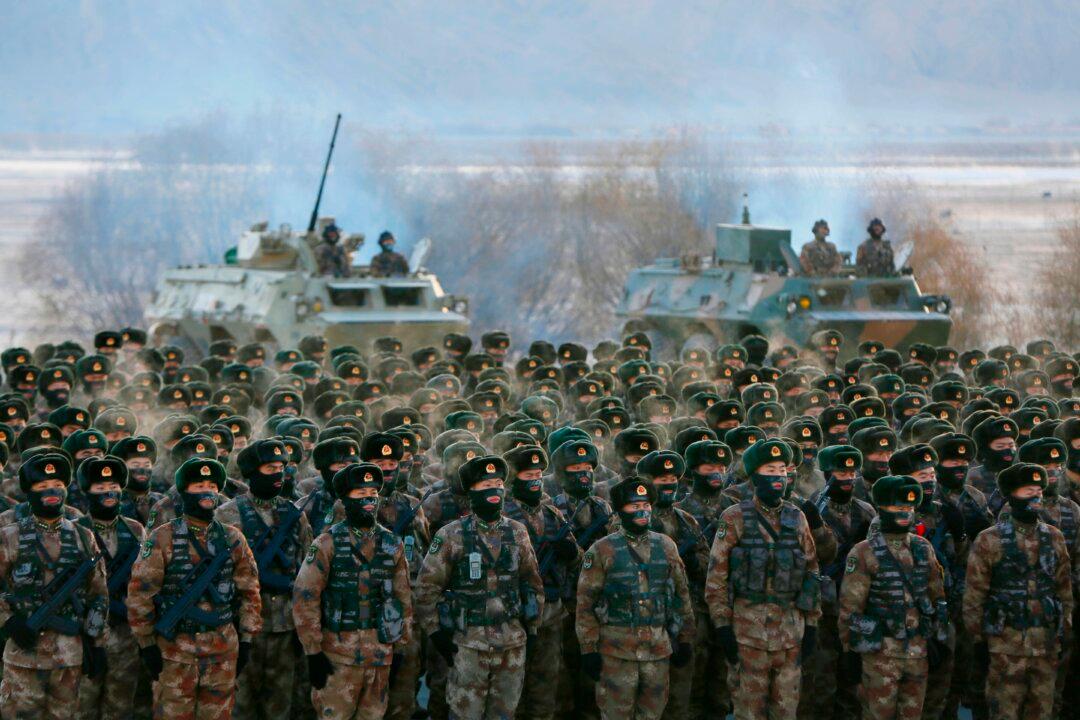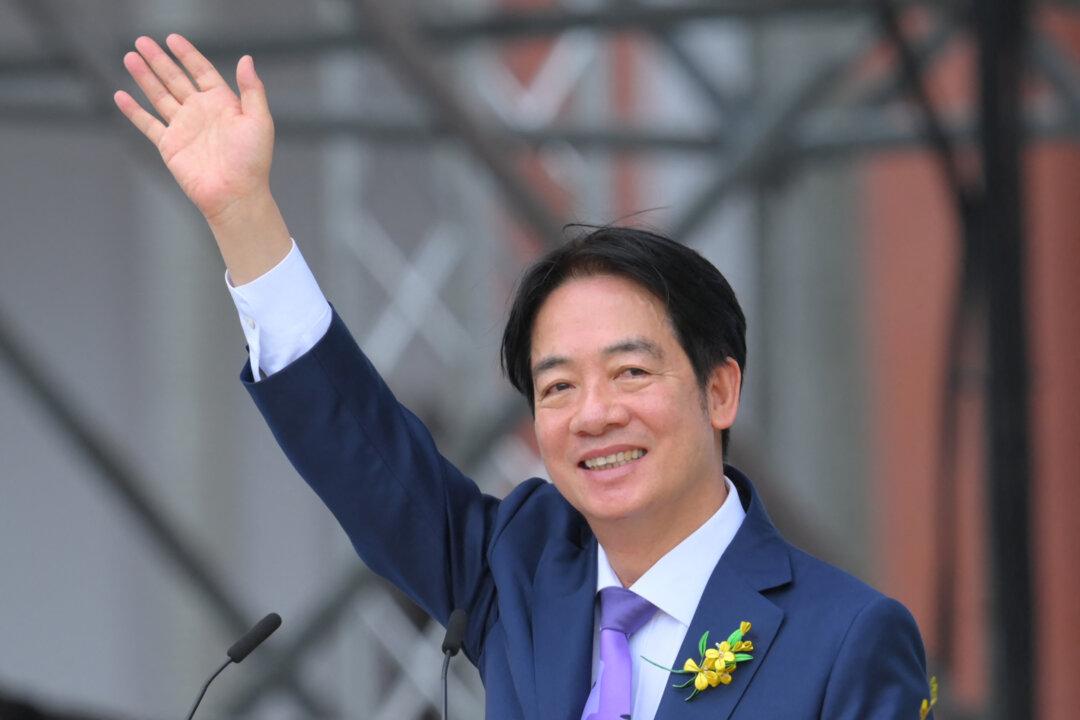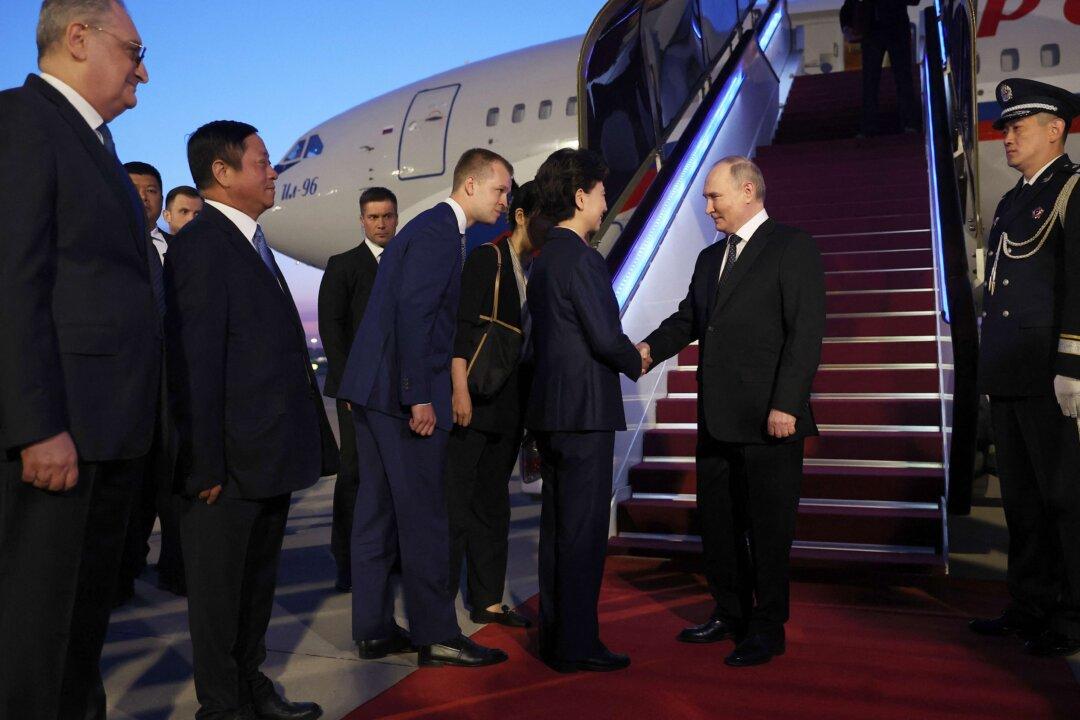Commentary
When facing a threat as formidable as that posed by the Chinese regime, a consistent strategy of resistance is necessary. The United States has to lead the world in such an enormous effort due to its capabilities. For too long, it did not.





